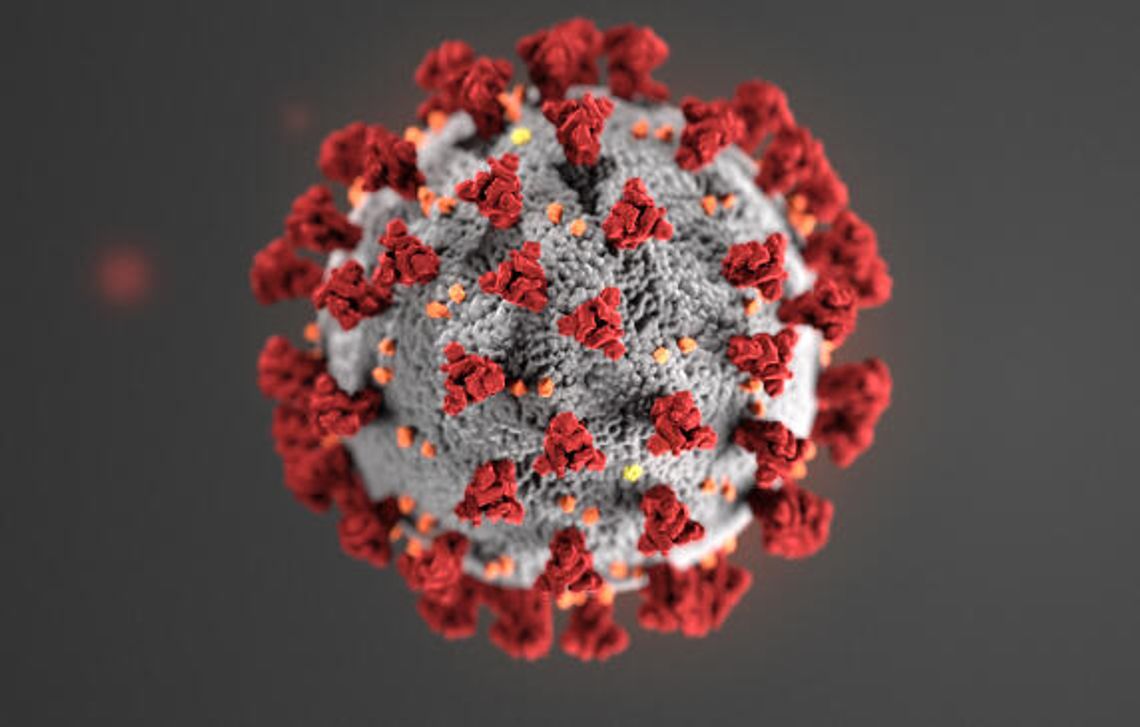Worldwide, populations grieved the same loss at different times. China was the first to experience this loss, then Italy and Europe, and more countries along with the U.S. followed suit; not one country was left unscathed. The coronavirus made everyone grieve the loss of our old lives.
Some lost their loved ones to the virus and some have not, but in reality we all lost our lives as we once knew them.
“You know when you have a death in the family and life stops,” explained Luann M. Sandahl, a licensed professional counselor in Kyle, “you just deal with the funeral and trouble management. That is what happened for those first two weeks. Everybody’s life as we knew it just passed away.”
As people buried their old lives and began adjusting to a new and bewildering lifestyle, they passed through stages of grief. COVID-19 will not go away anytime soon; vaccines are still in the works, cases are continuing to spike in the U.S. and other countries, and life does not seem to be heading into normalcy soon. These adjustments and changes in freedom, according to Sandahl, are what make people grieve. Beyond the initial shock, humans are still unable to go back to the old normal and that has made us undergo heightened anxiety and depression.
More complications are coming about in the U.S as cases continue to rise and government regulations continue to change. The topic of coronavirus has become divisive and Americans have split into two groups, Sandahl said.
So how far have we come since quarantine in March and where are we now?
After the initial two weeks in March of dealing with trouble management, as one would after losing a loved one, April brought with it anxiety. Sandahl explained the coronavirus stages of grief by explaining how she felt losing her father, who passed away a few months ago.
“At first I would think of my dad and trick my mind and say I can call him,” Sandahl said. “But we are all gradually realizing this is happening, and I have to find a new way to be without my dad.”
In the case of our country, what residents lost was their freedom, a virtue Americans are very dedicated to. Regardless of being a believer in the power of masks, or whether a person wears a mask, it is no longer the same world, Sandahl said.
April ended but our anxiety did not. May brought along with it another unwelcome mental health issue – depression. Simply stated, Sandahl believes it is because there is no end in sight.
But in May, Americans also faced the issue of divisiveness. As Texas reopened people had more choices and this caused a split.
There was a group of people who continued to isolate and did not want to change their quarantined lifestyle, and then the group who wanted to go out and live life like before.
And because humans are wolf pack animals, this created the pressure for people to mingle all over again. Some social recommendations were made in May which allowed the expansion of the social bubble. The recommendation said that people can see a select group of people, allowing children to see cousins and having a glass of wine with friends outdoors sitting six-feet apart. This relieved some anxiety in May.
Unfortunately, Sandahl said, some people ran out the door as soon as it opened and those decisions depended on a person’s way of thinking.
“Most people are driven by thinking or feeling,” Sandahl told Barton Publications. “Our behavior is determined by that relationship, that discussion between heart and mind. Whichever one wins determines our behavior.”
The anxious types are the over-thinkers, and generally those were people who maintained very small social bubbles, Sandahl observed from her clients. If a person makes decisions based on feelings, then it feels so bad to not be part of a pack, and instead of doing the mental gymnastics on who can be trusted, they think “I cannot do it anymore” and socialize, Sandahl explained.
By the end of June, the situation began to shift again. For a while, Texas was not experiencing a spike in coronavirus cases and people thought they were safe and the government kept rolling back the restrictions.
“Since March 15 until June 22, 90% of my patients said they do not know someone who has coronavirus,” Sandahl said. “That changed. Starting June 22, 90% said they know someone who has it.”
This scenario was no longer isolated to Sandahl’s practice. She began listening to her church community who talked about all of the people they knew who contracted the virus. The numbers grew and this time it was not figures on a computer screen, but it was happening on the ground to people everyone knew.
This brings on a second wave of grief for Texans. For example, after six months of losing a loved one, a person might start realizing they lost a second income, which invites another reason for sadness.
Hays County no longer felt invincible like before when it was recording low levels of infections. Seeing that the county is no longer bulletproof from viruses brings on that second wave of sadness for many and anger for some.
Psychological studies can help this once-in-a-lifetime experience.
“Because this is so much of a grief incident,” Sandahl said, “we can look to grief recovery to inform us on how this will go.”
According to new studies on grief, 80% of people end up fine after a loss; they do the thinking and feeling they need to do, but end up sorting it out.
“I believe so strongly that 80 percent will figure this out emotionally speaking and will be fine,” Sandahl said. “The other 20% may not feel good for a while.”
Sandahl suggests that those who do not know how to handle or process the situation should consult with a therapist.











